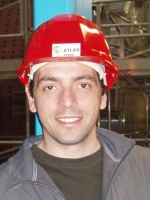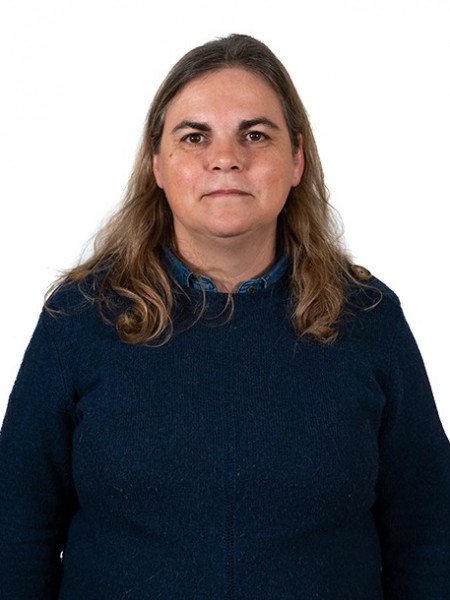resumo
In this work, we have fabricated lead-free piezoelectric Ba0.85Ca0.15Ti0.9Zr0.1O3 thick films by the electrophoretic deposition (EPD) followed by a continuous-wave CO2 laser annealing and demonstrated the effect of laser energy on the quality of the final product. Thick films annealed under optimized conditions, 50 W/15 min, show a controlled microstructure/density compared to those derived from higher laser power/annealing time/conventional sintering. The increase in laser power above this limit affects the grain growth kinetics and results in the compositional heterogeneities. From the results of Raman spectra, it was found that the film annealed under optimized conditions has a high degree of crystallinity and tetragonality, while the increase in laser fluence results in the growth of A(1g) mode. The controlled composition and microstructure, thus has resulted in the improved ferroelectricity with a remanent polarization 12 mu C/cm(2), on par with the bulk or larger than the films grown by the chemical solution deposition techniques. From the piezoresponse studies, we found that the film annealed at 75 W/5 min has weak ferroelectric nature with no switchable ferroelectric domains compared to those under optimized conditions. Subtle differences in phase transition temperatures and drop in ferroelectric polarization, for films annealed conventionally or at higher laser fluence, are related to porosity or site defects as well as compositional heterogeneities. Our study demonstrates that the combination of EPD and laser annealing is an effective way to achieve high quality piezoelectric thick films with a controlled composition, useful for energy harvesting applications.
palavras-chave
PIEZOELECTRIC PROPERTIES; DIELECTRIC-PROPERTIES; PRESSURE
categoria
Chemistry; Physics
autores
Ramana, EV; Ferreira, NM; Mahajan, A; Ferro, MC; Figueiras, F; Graca, MPF; Valente, MA
nossos autores
Grupos
agradecimentos
The authors would like to acknowledge the financial support from FCT, Portugal (SFRH/BPD/75582/2010) and COMPETE 2020, financed by national funds of FCT under the project UID/CTM/50025/2013.




